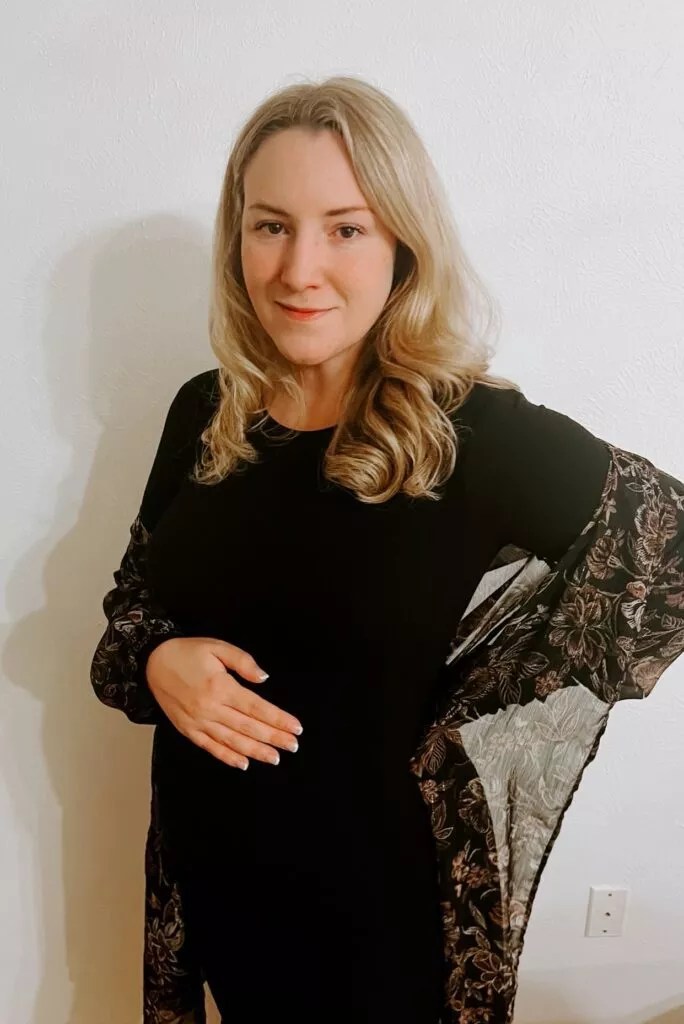
Martha Dominguez de Gouveia/Unsplash

Audio By Carbonatix
On Friday, the Texas Medical Board released its proposed guidelines for doctors when determining whether a patient meets the requirements for a medical exception to the state’s abortion ban. Arriving three months after the Kate Cox abortion case grabbed national headlines, the medical board’s guidelines don’t seem to provide much in the way of guidance.
As things stand, abortion procedures in Texas are barely allowed under Senate Bill 8, the Heartbeat Act, which prohibits abortions after a heartbeat can be detected in the fetus, which is usually around six weeks. After that time, which is often before, or just as, the mother learns she is pregnant to begin with, the only way to get an abortion in Texas is if the mother’s life is at risk or if “substantial impairment of major bodily function” of the mother is likely.
Even that official-sounding description proved to be too vague in Cox’s case. Her fetus was diagnosed with full trisomy 18, a chromosomal condition that can cause multiple structural abnormalities if the fetus is carried to term. Added to that, Cox’s doctors said that a C-section delivery, which would be necessary in her case, would likely prevent her from being able to have kids in the future.
The proposed guidelines now say that a physician can perform an abortion if the doctor deems it medically necessary using their “reasonable medical judgment.” A detailed explanation of “how the decision was made to proceed with an abortion based on reasonable medical judgement,” will be required to be entered into the patient’s medical record, according to the proposed rules. Such an accessible paper trail is perhaps more notable than a set of medical records might typically be in light of the part of SB 8 that allows any citizen “to bring a civil claim against anyone who aids or abets in the performance or inducement of an abortion.”
This year, make your gift count –
Invest in local news that matters.
Our work is funded by readers like you who make voluntary gifts because they value our work and want to see it continue. Make a contribution today to help us reach our $30,000 goal!
“These guidelines add literally nothing in terms of clarity, and in some ways, may make it a little worse.” – Joanna Grossman, SMU professor.
But that doesn’t differ much from what the law already said, and it’s not clear what will change should these proposed rules become actual rules after a 30-day period to allow for public comment. Cox’s own doctors, for example, declared she was eligible for the medical exception, but that wasn’t enough in December.
The Center for Reproductive Rights, the organization that provided Cox with legal representation in Texas before she opted to leave the state for an abortion procedure, said the proposed rules “fall short.”
“The rules Texas Medical Board proposed today contain more of the same rhetoric we have been hearing for years: that physicians should just read the language of the exception and exercise their reasonable medical judgment, even when we know from Kate Cox’s case that the Attorney General will continue to second guess that judgment,” reads the March 22 statement from Molly Duane, the Center’s senior staff attorney. “The proposed rules also create a new and extremely burdensome documentation system that physicians must use when providing abortions under the exception that includes documenting whether there was ‘adequate time to transfer the patient’ ‘by any means available’ to a different facility to avoid having to perform an abortion.”

North Texas mother Kate Cox had to travel out of state to receive an abortion her doctors recommended in December 2023.
Kate Cox
SMU Dedman School of Law professor Joanna Grossman acknowledges that the state medical board didn’t have a lot of room to run when coming up with the rules, given the way the law is written. But she also noted the medical board didn’t do much with even the limited ability it had to clear things up.
“These guidelines add literally nothing in terms of clarity, and in some ways, may make it a little worse,” she said. “Because they seem to impose documentation requirements that are quite onerous. The way the medical exception is written uses a lot of words that don’t have any fixed meaning, like ‘substantial risk,’ ‘life-threatening,’ and ‘aggravate.’ We’ve seen it in recent news stories. How close to death does someone have to be for their condition to be life-threatening?”
That subjectivity, something that could easily cause confusion in both medical and legal realms for doctors who might be caring for a pregnant patient, is something the Observer addressed with Grossman’s colleague, SMU legal professor Seema Mohapatra, in December when the Cox case was being argued.
“For a serious medical situation,” Mohapatra said, “you don’t want to have to wonder if your definition of any of those words will or will not meet someone else’s understanding of those words in a court of law.”
Aside from an ectopic pregnancy, which can’t be carried to term due to the fertilized egg growing outside of the uterus, the board’s proposal doesn’t make any specific exceptions for certain diagnoses. Cox’s full trisomy 18 wouldn’t automatically qualify for the medical exception under the new rules, just as it didn’t under the current rules. Steering clear of that sort of specificity is another miss as far as Grossman sees it, even if it wouldn’t have gone far enough.
“Even if they had tried to list some examples of exceptions that would’ve provided a little clarity, there are still no guarantees,” she said. “This only addresses how they would apply the law to a complaint about whether or not a physician should lose their license over an abortion. This doesn’t have any binding power over what position a prosecutor takes or whether or not someone gets arrested for performing an abortion.”